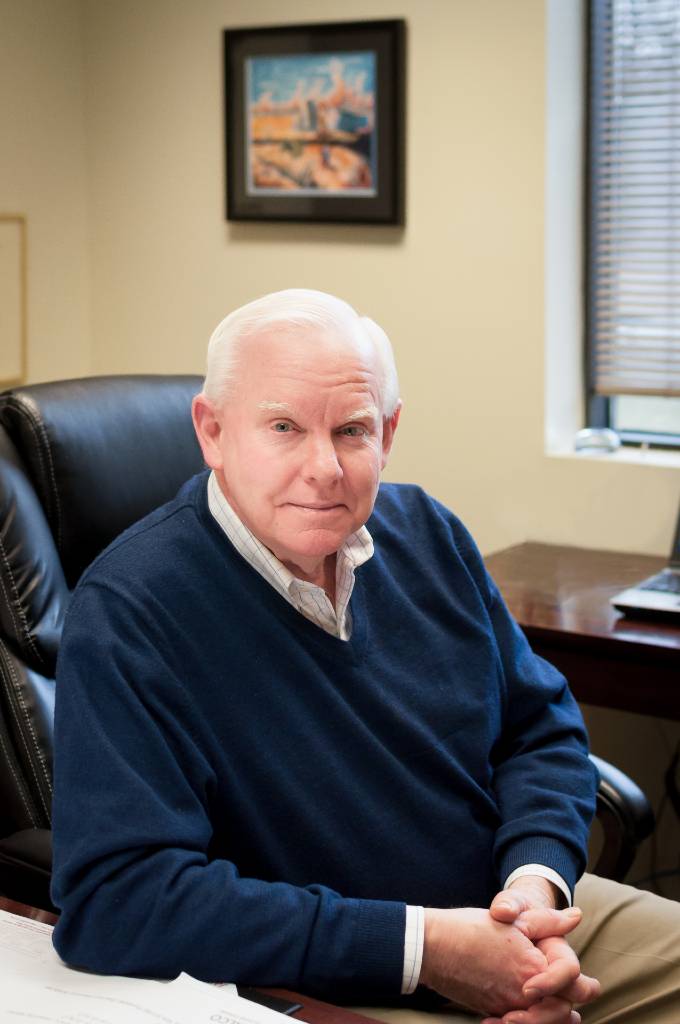EEE EAC Profiles
Kristen Belcredi
BSChE ’88
Senior Vice President of Engineering Services, KERAMIDA
Kristen Belcredi studied chemical engineering at Purdue, because she was interested in the discipline’s systems management approach. After graduation, though, she chose a career as an environmental engineer, a field that she describes as combining the disciplines of “making things” and “making things better.”
Belcredi integrated environmental engineering into her studies towards the end of her undergraduate studies when she realized her interests aligned with those of manufacturers seeking wastewater treatment, waste management and permitting skills. Her first job after graduation was as an engineer with the City of Indianapolis Department of Public Works. In 1993, she joined KERAMIDA, a woman-owned environmental and engineering consulting firm. She is now the Indianapolis-headquartered company’s senior vice president of Engineering Services. KERAMIDA was founded by EEE alumna Vicky Keramida (BSCE, MSCE ’76, PhD ’79).
“In the first five years after graduation, most cities had to get storm water runoff permits (MS4), most gas stations had to upgrade their storage tanks, and industries had to get detailed air emission permits. Regulations drove much of the environmental engineering that was practiced,” Belcredi says. “I have been glad to see in the last 10 years that environmental engineering has moved to a more integral part of business systems management and to a ‘beyond compliance’ mindset.”
Belcredi has had a lifelong connection with Purdue. Her father, Forrest T. Meiere, joined the Purdue physics faculty in 1959, then moved south to found the physics department on the IUPUI campus. As a member of Purdue EEE’s External Advisory Council, Belcredi says she works to make things better for Purdue EEE by providing insights on the job market, what employers are looking for in new graduates, and what organizations need regarding knowledge through research and new technologies.
Ralph Roper
BSME ’68; MSME ’69, Cal Tech; MSE ’73, PhD ’76
Senior Research Engineer
Heritage Research Group
Environmental engineering had not yet blossomed as a field of study when Ralph Roper was an undergraduate at Purdue in the late-1960s. But by the time he had finished a master’s degree in biomedical engineering at Cal Tech—and experienced Southern California air pollution—both the discipline and Roper’s interest in studying environmental problems had come to light.
Comprehensive programs in Environmental Engineering began to appear across the country in the early-1970s in response to the newly formed Environmental Protection Agency and related federal mandates to clean up the nation’s air, water and land resources. This coincided with Roper ending his service in the U.S. Army as a combat engineer, and thinking about his next step. While researching his options, he came across news about a new Purdue graduate level program that had emerged out of sanitary engineering, designed to educate environmental engineers.
“Having experienced the incredibly poor air quality while at Cal Tech in Pasadena, California, I immediately knew that environmental engineering was the discipline I wanted to immerse myself in as my life’s work,” Roper says. He returned to Purdue for a doctorate completed in 1976, with a primary focus on the theory and design of biochemical wastewater treatment processes for municipal or industrial applications. His secondary focus was on industrial wastes and associated management technologies.
With doctorate in hand, Roper started his professional career at the national engineering consulting firm HNTB where he teamed with other engineers on the facility planning, design and start-up of large-scale wastewater purification plants at municipal and industrial facilities. He then spent 25 years as an internal consultant with the Heritage Research Group (HRG) and as an applied researcher developing a wide range of new products from industrial waste materials. He retired from HRG in 2016 but continues working part-time as an independent engineering consultant.
“Although many improvements and innovations continue to be needed, I believe our profession has done a respectable job of mitigating point sources of pollution and managing the associated byproduct waste materials in the U.S.,” Roper says. “In today’s world, it is entirely justified to re-label the profession as ‘Environmental and Ecological Engineering,’ because of the increased urgency of dealing with more global problems such as water supply, energy, resource depletion and non-point source pollution.”
